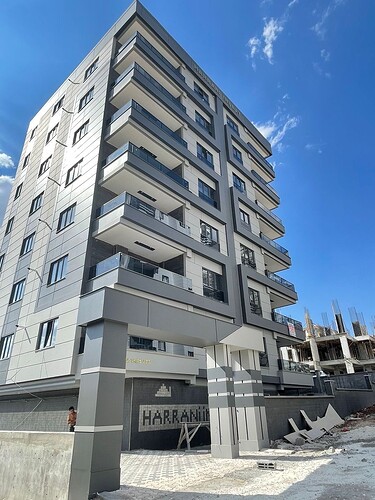The updated Residential Building
Code, filed with the Secretary of State on May 1, 2025, adopts the 2021 IRC with Michigan-specific amendments. This code governs the construction of one- and two-family dwellings and townhouses. Key updates include:
• Structural Integrity: Enhanced requirements for load-bearing elements to improve resilience against natural disasters.
• Fire Safety: Stricter fire-resistance ratings for walls and ceilings, particularly in multi-family dwellings.
• Accessibility: Updated provisions to accommodate aging populations and individuals with disabilities.
• Sustainability: Incorporation of green building practices to promote environmental responsibility.
These changes are designed to ensure that new residential constructions meet modern standards for safety and sustainability.
Residential Energy Code (Part 10) Effective August 29, 2025
The revised Energy Code, also filed on May 1, 2025, adopts the 2021 IECC with Michigan-specific amendments. This code applies to the energy efficiency of residential buildings, aiming to reduce energy consumption and environmental impact. Key provisions include:
• Insulation Requirements: Higher R-values for insulation in walls, ceilings, and floors to improve thermal performance.
• Window Efficiency: Stricter U-factor and Solar Heat Gain Coefficient (SHGC) requirements for windows.
• Air Leakage Control: Enhanced sealing techniques to minimize drafts and energy loss.
• HVAC Efficiency: Standards for heating, ventilation, and air conditioning systems to ensure optimal performance.
These updates aim to create more energy-efficient homes, leading to reduced utility costs and a smaller carbon footprint.
Legal Developments: Court-Ordered Pause
On July 7, 2025, a Michigan Court of Claims order temporarily halted the implementation of the updated Residential Building and Energy Codes. The court’s decision prevents the Michigan Department of Licensing and Regulatory Affairs (LARA) from enforcing the new rules while litigation is ongoing. This pause affects the adoption of the 2021 IRC and IECC versions, pending the resolution of legal challenges.
Implementation Timeline
• Original Effective Dates:
• Residential Building Code (Part 5): August 29, 2025
• Residential Energy Code (Part 10): August 29, 2025
• Current Status: Both codes are on hold due to the court order.
Stakeholders are advised to monitor updates from LARA for the latest information on the status of these codes.
Impact on Homebuilders and Homeowners
While the court’s decision has temporarily delayed the implementation of the new codes, once enacted, they will have several implications:
• Increased Construction Costs: Higher standards for materials and labor may lead to increased building costs.
• Long-Term Savings: Enhanced energy efficiency can result in lower utility bills for homeowners.
• Compliance Requirements: Builders will need to stay informed about code updates to ensure compliance in future projects.
It’s essential for all parties involved in residential construction to stay informed about the status of these code updates and prepare for their eventual implementation.
